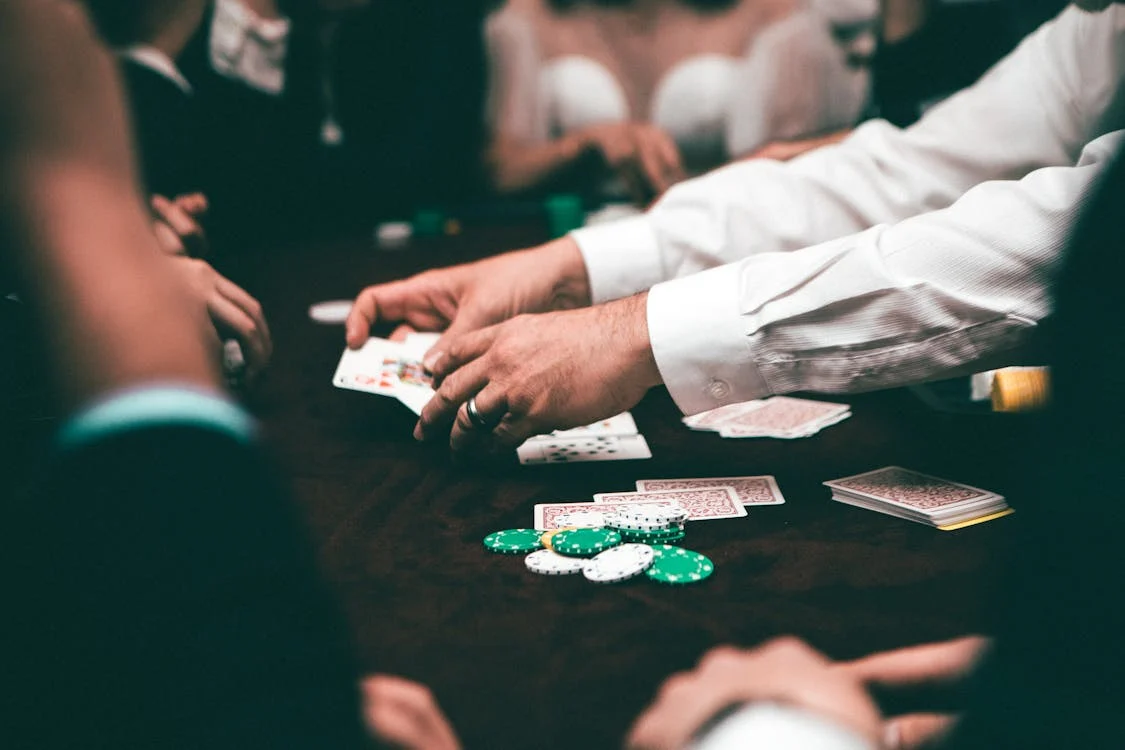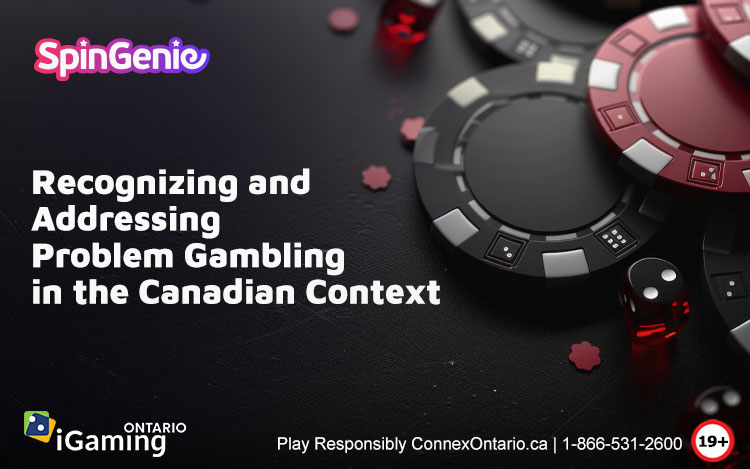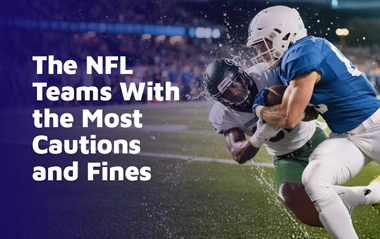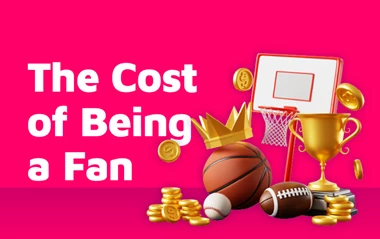The lottery, sports betting, land-based casinos, online sports betting, and online casinos are just a few of the ever-increasing gambling opportunities available in Canada. In fact, the gambling industry stands as the largest entertainment sector in the country, with more than 19.3 million active gamblers as of 2024.
But the thing with gambling is that while it is definitely fun and, in many cases, harmless, it can turn into an unhealthy obsession with heavy consequences pretty fast. In today's article, join us as we explore the signs of problem gambling and the best ways to get support for those who fall victim to it.
Signs and Common Behaviours Associated with Problem Gambling
We simply couldn't kick off an ultimate guide on recognizing and addressing problem gambling in Canada without first establishing what problem gambling is. Used synonymously with gambling disorder, pathological gambling, or compulsive gambling, problem gambling entails repeating negative gambling behaviours. It is when a player knows they cannot afford to lose or that the odds are not in their favor but still gamble anyway.
Statistics show that people who start gambling as teenagers or younger adults are more likely to struggle with problem gambling. Those in the older age group are also more predisposed to gambling if they are lonely, bored, or isolated. More than that, experts link this gambling disorder with other mood or behavior disorders. These include substance abuse, anxiety, depression, and unmanaged ADHD, to mention just a few.
So, whether you're playing at a top-rated online casino in Ontario or a land-based alternative anywhere within the Great White North, always remember to play safely and responsibly. But, in case you're wondering what this means exactly, here's a list of signs and common habits many problem gamblers tend to have. Knowing them will help you act consciously to avoid them or seek help as soon as you notice them.
- Having frequent thoughts about gambling
- Gambling as a way to relieve yourself from your problems or bad mood
- Increasing your gambling money in an attempt to hit a desired goal
- Borrowing money to gamble with
- Playing casino games for long hours or at odd hours to hide from friends and family
- Lying to those close to you about how much time and money you've spent on gambling
- Canceling other events or neglecting personal relationships to gamble and then experiencing feelings of shame, anger, fear, and/or worry later
- Becoming irritable or restless when you attempt to reduce or stop gambling
- Using money that should go into bills and other expenses for gambling
- Stealing or doing other criminal activities to fund your gambling habit

Photo courtesy of Pexels
How to Get Help with Problem Gambling
The truth is most Canadians who gamble do so without falling into negative habits. However, some do get sucked into the not-so-glamorous loop of gambling more and more. And as we mentioned before, with the number of gambling opportunities constantly rising in Canada, more specifically in Ontario, the risk of the number of problem gamblers increasing is becoming more real by the day.
Luckily, although you may feel like you will never regain control of your gambling, there are plenty of help resources to get you through this. Here are a few examples:
Understand the Actual Problem
It is vital you seek help when you fully understand your problem with gambling. First you should think about why you gamble and what unpleasant emotions lead you to it. For example, are you playing for fun, or is it because you want to escape a real-life problem? If it's the latter, remember there are healthier ways to cope with your problems.
Think about how better your life will be when you break free from your gambling problems. Write down a list to revisit it whenever you feel the urge to gamble.
Find the Right Support
Let's be honest: accepting you have a gambling disorder is a big and bold step, but it's hard to get out of it on your own. This is why trusted casinos make it easy and obvious to get support. For online casinos, you can find online slot safety resources, self-exclusion programs, or a 24/7 helpline number to directly talk to a professional on their responsible gambling section at the bottom of their sites' pages.
But you also need a support network closer to home. Think of family members and friends who can walk with you on your road to recovery. You can even join a peer support group like Gamblers Anonymous.
Make Gambling Inaccessible
Let's move on to some practical tips to help you resist those urges to gamble; many of these involve barricading yourself from temptations. But as with anything that deals with addiction, they are way more important in your journey to recovery.
Start by reducing your access to money. Only keep the money you need with you. Next, instead of setting gambling limits, which you probably had before to stop you from overspending or playing for hours on end, experts recommend getting rid of your online gambling accounts. Use self-exclusion tools, delete gambling apps, and block any gambling sites from your phone or PC. Deleting any auto-fill financial data also helps prevent rash decisions. In the meantime, finding a new hobby or two to replace the emotions that gambling provided would be ideal.
Practice Safe Gambling at Spin Genie
Overall, it's the player's duty to implement healthy gambling habits. But top online casinos in Canada, like Spin Genie, go the extra mile to ensure players have a safer and more responsible experience. With our proactive player protection measures like self-exclusion, gambling limit tools, and professional support resources, we're dedicated to providing a safe, enjoyable, yet supportive environment for all. So, sign up at Spin Genie, where you can have fun while gambling responsibly in Canada.








